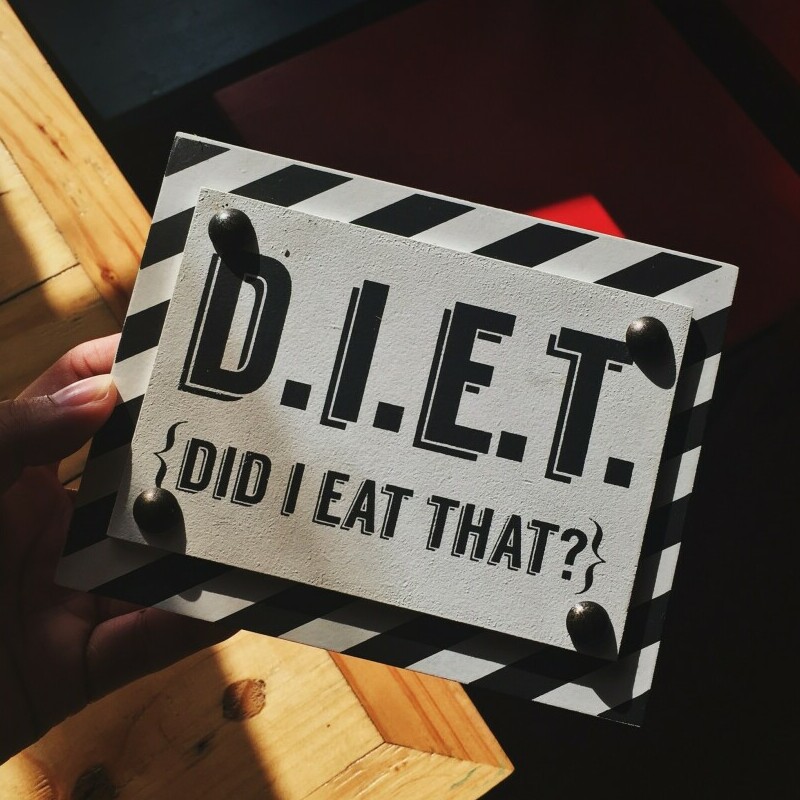“The Role of Nutrition in Achieving Weight Loss Goals”
Introduction:
When it comes to achieving weight loss goals, it’s common knowledge that a combination of diet and exercise is essential. While exercise plays a crucial role in burning calories and improving overall fitness, the importance of nutrition should not be overlooked. In this article, we will dive into the role of nutrition in achieving weight loss goals, exploring the impact of calorie intake, macronutrients, and the significance of a balanced diet.
Calorie Intake:
One of the fundamental aspects of weight loss is maintaining a calorie deficit – consuming fewer calories than you burn. While exercise can help create this deficit, it is often easier to control calorie intake through dietary choices. By being mindful of portion sizes and making healthier food choices, individuals can effectively reduce their calorie intake and aid in weight loss efforts. Additionally, focusing on nutrient-dense foods that are lower in calories can help individuals feel fuller for longer, preventing overeating and unnecessary snacking.
Macronutrients:
Beyond calorie intake, the composition of the diet also plays a critical role in weight loss. Macronutrients, including carbohydrates, proteins, and fats, are the building blocks of our diet and have different effects on our body. For instance, proteins are known to boost metabolism and promote muscle growth, which can aid in weight loss by increasing calorie expenditure. Carbohydrates, on the other hand, provide energy and fuel for our workouts, allowing us to exercise more effectively. Healthy fats are essential for hormone production, brain function, and satiety, helping individuals feel satisfied and reducing the likelihood of overeating.
Balanced Diet:
Achieving weight loss goals is not about completely eliminating certain food groups or following extreme diets. Instead, it is about adopting a balanced diet that meets the body’s nutritional needs while creating a calorie deficit. This means incorporating a variety of whole foods, including fruits, vegetables, lean proteins, whole grains, and healthy fats. By consuming a well-rounded diet, individuals can ensure they are getting all the necessary vitamins, minerals, and antioxidants to support overall health while still achieving their weight loss goals.
Nutritional Strategies for Weight Loss:
In addition to maintaining a balanced diet, there are several nutritional strategies that can further aid in weight loss. One popular approach is mindful eating, which involves paying attention to hunger and fullness cues, eating slowly, and savoring each bite. This practice can help individuals develop a healthier relationship with food and prevent overeating. Another strategy is meal prepping, which involves planning and preparing meals and snacks in advance, ensuring healthy options are readily available and minimizing the temptation to make unhealthy choices.
Importance of Hydration:
While nutrition often focuses on the types of foods we eat, hydration is equally vital for weight loss. Drinking an adequate amount of water can help curb appetite, improve digestion, and enhance metabolism. Furthermore, staying hydrated can prevent fluid retention, which can sometimes be mistaken for weight gain. Aim to drink at least eight glasses of water per day and consider swapping sugary drinks for healthier alternatives like herbal teas or infused water.
Conclusion:
When it comes to weight loss goals, exercise alone cannot guarantee success. The role of nutrition cannot be overstated, as it directly impacts calorie intake, macronutrient balance, and overall dietary choices. By adopting a balanced diet, being mindful of calorie intake, incorporating the right macronutrients, and staying hydrated, individuals can optimize their weight loss journey and achieve long-term success. Remember, consult with a healthcare professional or a registered dietitian for personalized advice and recommendations tailored to your specific needs.
